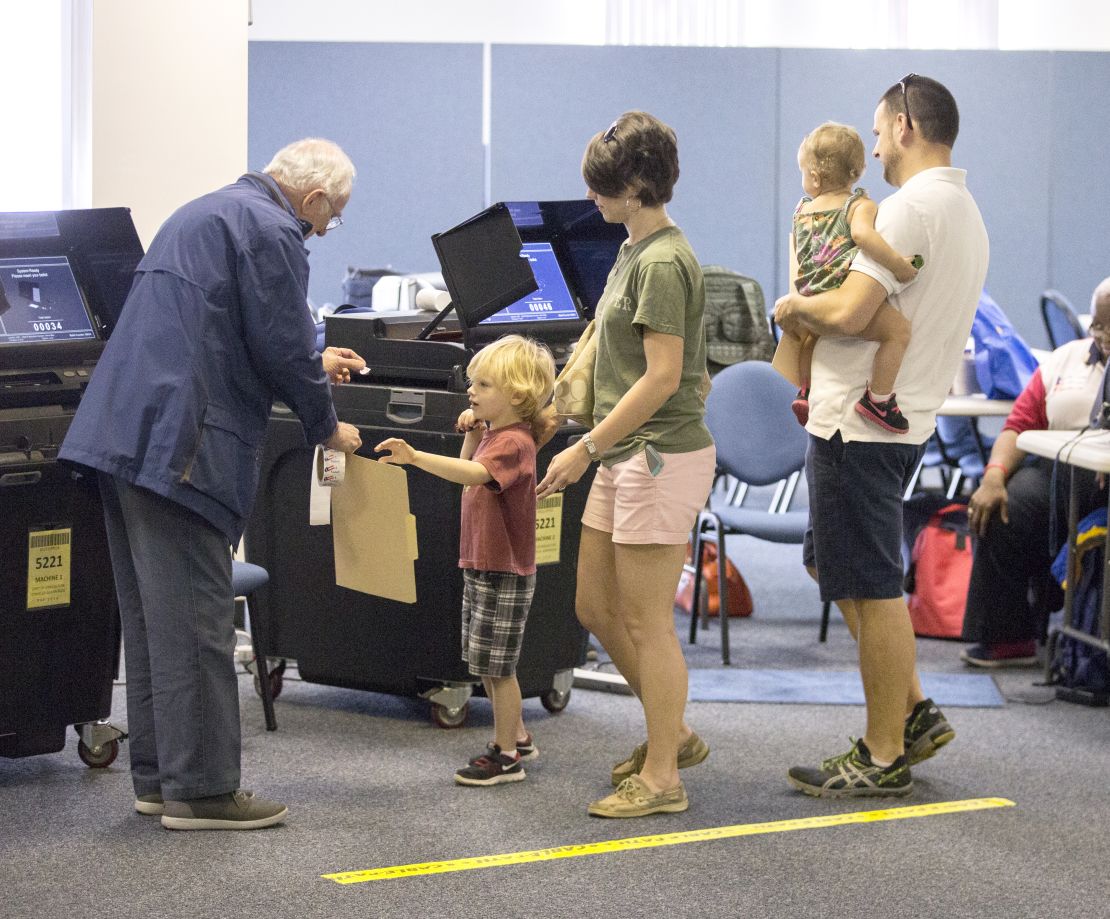Whether the Trump administration has you feeling impotent or energized, now’s the time to start getting more politically active. Here are 25 ways you can elevate your activism:
Local politics and activism
1. Know who your local legislators and politicians are
Here’s where to find your House Representative.
Put your address in here to find a full list of your elected officials.
2. Know how to get in touch with them (and actually make them listen.)
Here’s a great Twitter thread from a former Congressional staffer about how to actually get politicians to listen (your phone is your best ally).
Here are some general guidelines on how to contact them.
3. Identify an issue you care about and pursue it
Hopefully you don’t need too many resources on this, though here’s a good list of social issues to get you started.
4. Attend town hall meetings
A town hall is where you, in person, can make your actual voice heard, in front of local politicians who can actually do something about it. Your congressperson will usually have a schedule of Town Hall meetings on their website, or you can check out your city’s website as well.
5. Attend City Council meetings
Alternately, attend a City Council meeting to get an up-close view of what’s important to your city’s legislators.
6. Get to know your local School Board
If you have kids in school, you probably need to know about your school board. Here’s everything about what a school board does and how you can get involved.
7. Join your local PTA
Not only can you have a direct communication with your school, you can also volunteer and participate in other ways that directly impact your community. Here’s how (and why) to join.
8. Mobilize more people to support your cause
You alone are great and awesome and boy, can you make a difference. Now imagine, a dozen more of you. Get a group together to do any of the above things; attend meetings or join an association, and your cause will be magnified.
9. Join a voting league or political organization
A non-partisan group like the League of Women Voters is a good way to get informed, or you can choose a political group that aligns with your values.
10. Register to act on behalf of a political party.
Here’s a starting place for Republicans. Here’s one for Democrats. Keep in mind your party has a state chapter, too. Not feeling the bipartisan vibe? Here’s a full list of established political parties, along with their missions and contact information.
11. Join a campaign
If you find a local politician who represents the change you want to see in your community, contact their office to figure out how you can get involved in the campaign! Maybe they’ll have you stuff mailers or put up signs or some other boring task, but the boring tasks is what actually gets stuff done.
12. Volunteer at their headquarters
Like we said, your state, city and county have party headquarters that are just waiting for your time and energy. Just give it a Google. They WANT you to help out, so it’s not that hard to find. If you’d rather stay at home, you can most likely take part in digital activism: Sending newsletters or text messages or organizing online campaigns.
13. Attend or organize rallies and events
Just make sure you’re safe and lawful. Alternately, there are always political talks and events going on, probably in your area. Look them up here.
14. Pound the pavement
If you want to influence people, you’re going to have to actually go out and, you know, MEET the people you want to influence. Here’s a good article from the New York Times on why this method actually works.

15. Volunteer to work at a polling place
To start, you can get registered on the Election Assistance Commission’s website.
16. Volunteer to register voters
Here are some openings for voter registration drives. If you can’t find what you’re looking for, simple search for your city and state, along with “voter registration drive.”
17. Vote
Make sure you’re registered. And do it in every election, not just the big ones.
Political education
18. Subscribe to a paper or other publication you believe in
If you’re unhappy with journalism or media coverage, find a publication that represents good journalism to you. Click on it often. Pay for a subscription. Support it any way you can.
19. Read up on American history and civics
USA.gov is your best friend. There’s history and civics there, but it’s just the beginning. Here’s a link to the National Constitution Center where you can read a word-for-word breakdown of the document. Here’s a link to the American History section of the Library of Congress. Go crazy.
20. Share that knowledge
Have discussions with your friends and family. Engage in respectful debate when appropriate (and no, that doesn’t mean on Facebook timelines). Spread the word.
Community outreach
21. Volunteer at a place that benefits your community
Ideally, you can align your volunteer work with your most important causes. Volunteer at church, at the local VA hospital, at a homeless shelter or at a school. The possibilities are endless, but this website is a good place to start.
22. Volunteer at a museum, state or national park, cultural center or historical society
Volunteering isn’t just about serving others, it’s also about making sure the organizations that are important to you can continue to serve others.
23. Hell, GO to a museum, state or national park, or historical society
SUPPORT. EDUCATION. IN ALL. FORMS.
24. Donate
At the very least, let your wallet do the talking. If you’re looking at a specific charity, check Charity Watch to make sure your money is being well-used.
25. Get off the internet
Complaining on social media only gets you so far. Get out, meet people, use your hands and your time.



